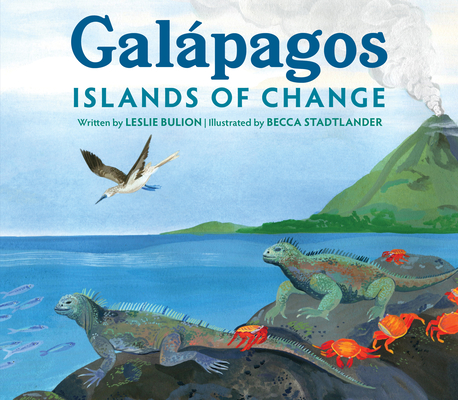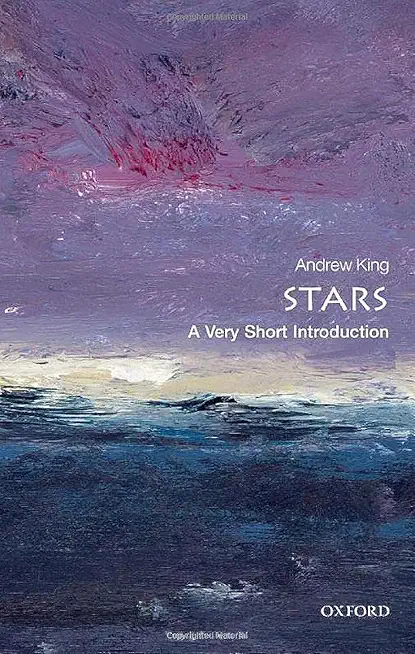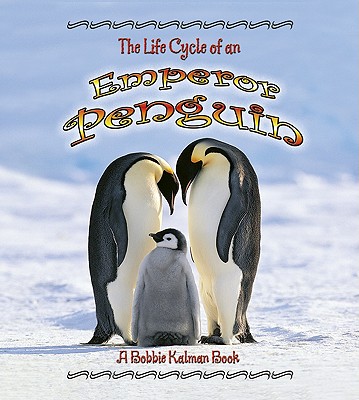
description
ctive island ecosystem that is home to many species found nowhere else on Earth. Using the same poetry/science note format as Serengeti, Galápagos tells the complex story of a young volcanic ecosystem influenced by seasonal ocean currents, where food energy moves through integrated land and sea communities, each in its own season of growth and renewal. Millions of years ago, undersea volcanos in the eastern Pacific Ocean erupted, spewing up lava, rocks, and ash that eventually formed a cluster of islands: the archipelago known as the Galápagos Islands. Over time, castaway plants and animals from hundreds of miles away arrived on the rocky shores and adapted to each island's changing volcanic landscape and seasonal weather variations. In these isolated locations constantly affected by shifting winds and swift ocean currents, much of the wildlife evolved into species found nowhere else on Earth. Some of the many distinctive organisms featured include giant daisy trees, Galápagos penguins, marine iguanas, blue footed boobies, and Galápagos giant tortoises. The well-researched back matter includes poetry notes, a glossary, resources, and a list of the species from this remarkable ecosystem that are highlighted in the book. A Bank Street Best Children's Book of the Year
member goods
No member items were found under this heading.
Return Policy
All sales are final
Shipping
No special shipping considerations available.
Shipping fees determined at checkout.







